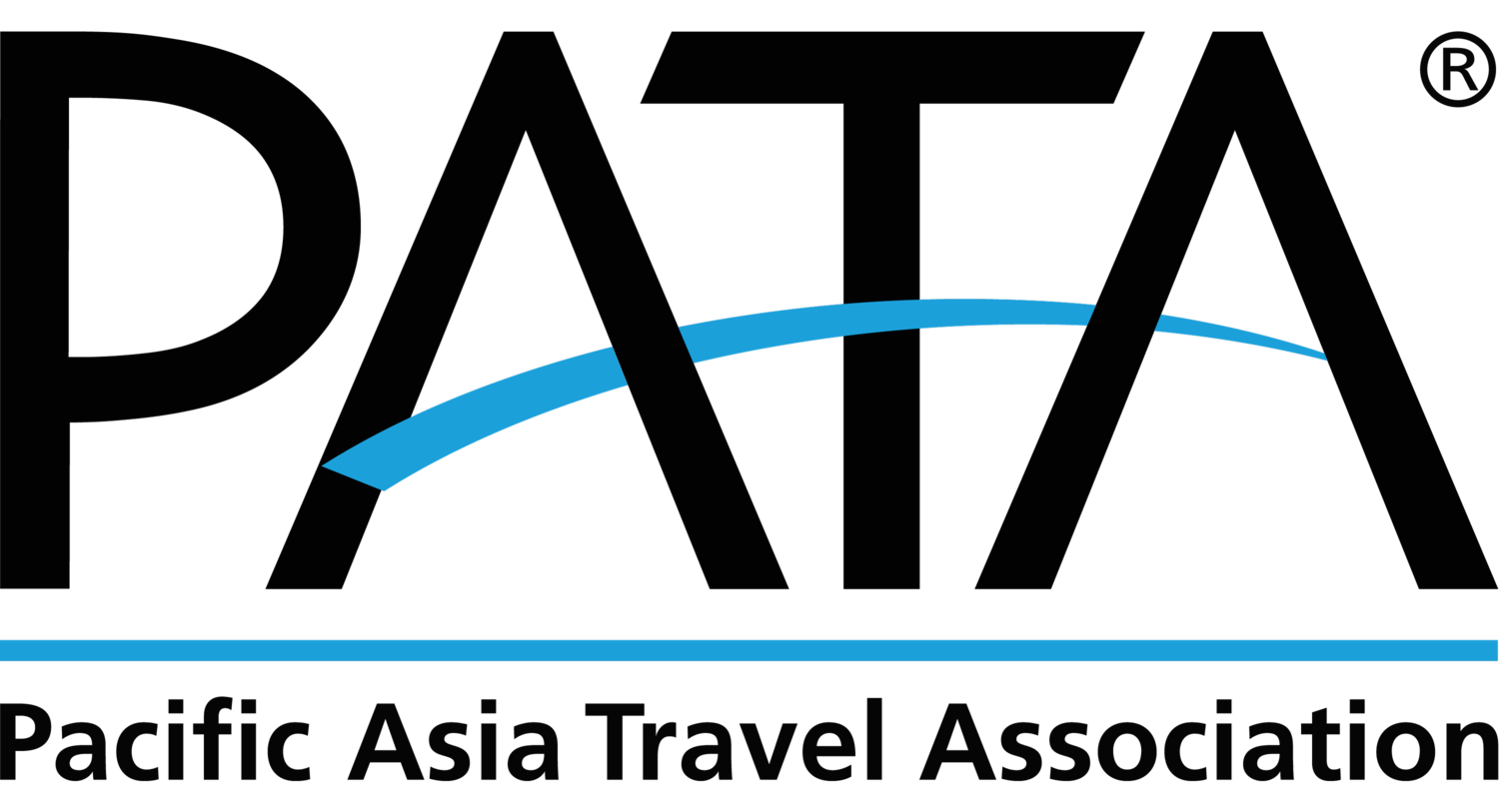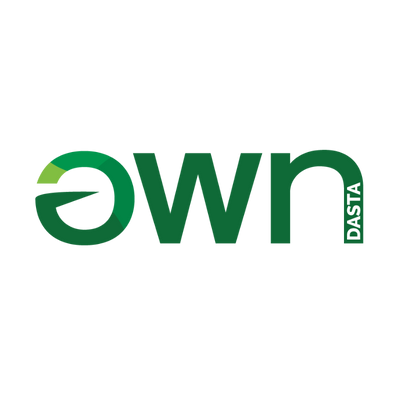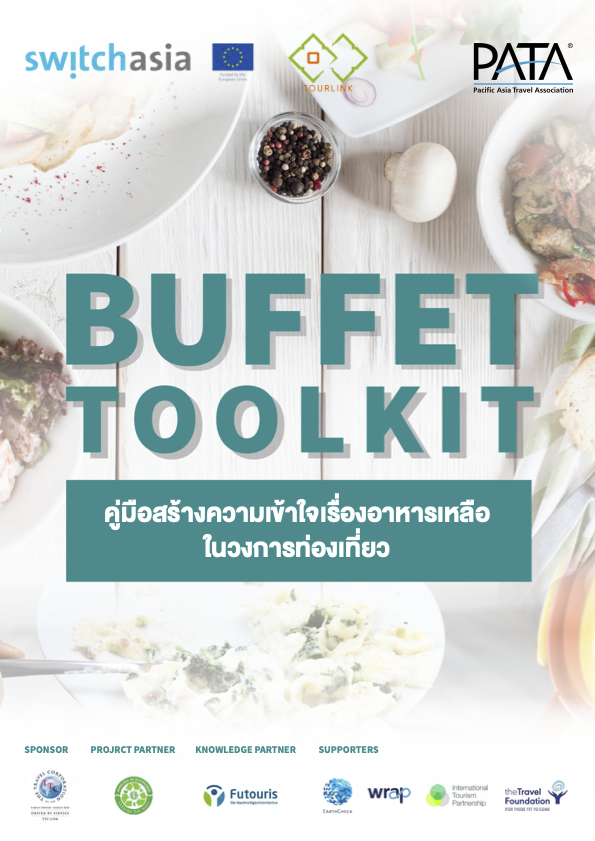Standards for Food and Plastic Waste Reduction
The Food and Plastic Waste Reduction Standards are part of PATA's collaboration with the EU-funded TourLink project under the European SWITCH-Asia Programme (2020-2024).
The TourLink project supports Thai tour operators and supply chains (hotels, transport companies and activity providers) to increase sustainability performance and enhance competitive advantages. Ultimately, the project's goal is to strengthen Thailand as a leading sustainable tourism destination. Learn more about this project here.
PATA is working with the Thai-EU partners to develop a series of capacity-building initiatives to achieve the major objectives of this project. These partners are the European Centre for Ecological and Agricultural Tourism (ECEAT), Designated Areas for Sustainable Tourism Administration (DASTA), Thai Ecotourism and Adventure Travel Association (TEATA) and Thai Hotels Association (THA).
What is PATA's role in the TourLink project?
PATA's has relaunched and translated existing toolkits as well as developed new standards to build the capacity of tourism professionals to embrace sustainability in their operations as the industry recovers from COVID-19. These materials focus mainly on the sustainable production and consumption practices of tourism and hospitality micro, small and medium enterprises (MSMEs).
The first publication, from 2019, is the BUFFET Toolkit: Building an Understanding For Food Excess in Tourism, now available in English and Thai. This toolkit provides step-by-step guidelines for reducing food waste. It addresses the many challenges and barriers to implementing food waste reduction practices in hospitality and food and beverage operations. The BUFFET Toolkit includes a series of useful online resources, such as videos, case studies and additional resources for readers to gain ideas on how to fight food waste.
Next, the Plastic Free Toolkit for Tour Operators: Your Guide to Reducing Single-Use Plastic, published in 2020, is now also available in both English and Thai. This toolkit was created to assist private sector tour operators to tackle one of today's most pressing environmental challenges: the use and management of single-use plastics. The Plastic Free Toolkit provides a 7-step process for tour operators to implement successful plastic waste reduction strategies. It also includes case studies, tools and additional resources for continuous learning.
And what about the standards?
The latest PATA publication builds upon both of these toolkits to take tourism and hospitality businesses a step further in the fight against food and plastic waste. The Food and Plastic Waste Reduction Standards work as a checklist for businesses to follow in each phase of food and plastics consumption, starting from sourcing, using and, lastly, disposing.
For each of the three phases, there are a series of criteria and checkboxes on the needed actions for minimising food and plastic waste according to the type of business. Also, these criteria are followed by examples, case studies, tools and additional reading for digging deeper into food and plastic waste solutions.
In both standards – food and plastic – we advocate that the greatest emphasis should be given to preventing waste. Even though the means to do so are different in each standard, the goal is the same: to divert waste from landfills as much as possible.
How can businesses use the standards to reduce waste?
In order to facilitate the use of the standards by different types of tourism businesses as well as tourism professionals and communities, all the criteria, case studies and tools are categorised by different icons according to the group to which it is most relevant. This helps clarify the role that everyone plays in waste reduction across the supply chain. Also, the criteria are further classified by their priority level, from lower to higher, as you can see in the example below.
Another guidance tool available in the standards is the Solution Trees at the end of the document. By answering simple Yes and No questions, readers can go straight to the criteria that are applicable to their business operations.
Finally, the standards are open-sourced and available in English. Thai version is also available for download here.
What are the project's next steps?
In September and October/2022, PATA and other TourLink partners will conduct in-person trainings for tourism suppliers, tour guides and tour operators in Chiang Mai and Phuket. These will encompass the food and plastic waste reduction standards as well as other key priority issues for sustainable tourism, such as community engagement, climate action and animal welfare. Don't miss our newsletters for updated information on this and other PATA Sustainability and Social Responsibility projects.
Do you have any questions about TourLink or the Food and Plastic Waste Reduction Standards? Get in touch with us at ssr@pata.org. Also, if you want to learn more about sustainable tourism practices in Thailand and stay connected with the TourLink project, please join http://www.facebook.com/groups/tourlink.















